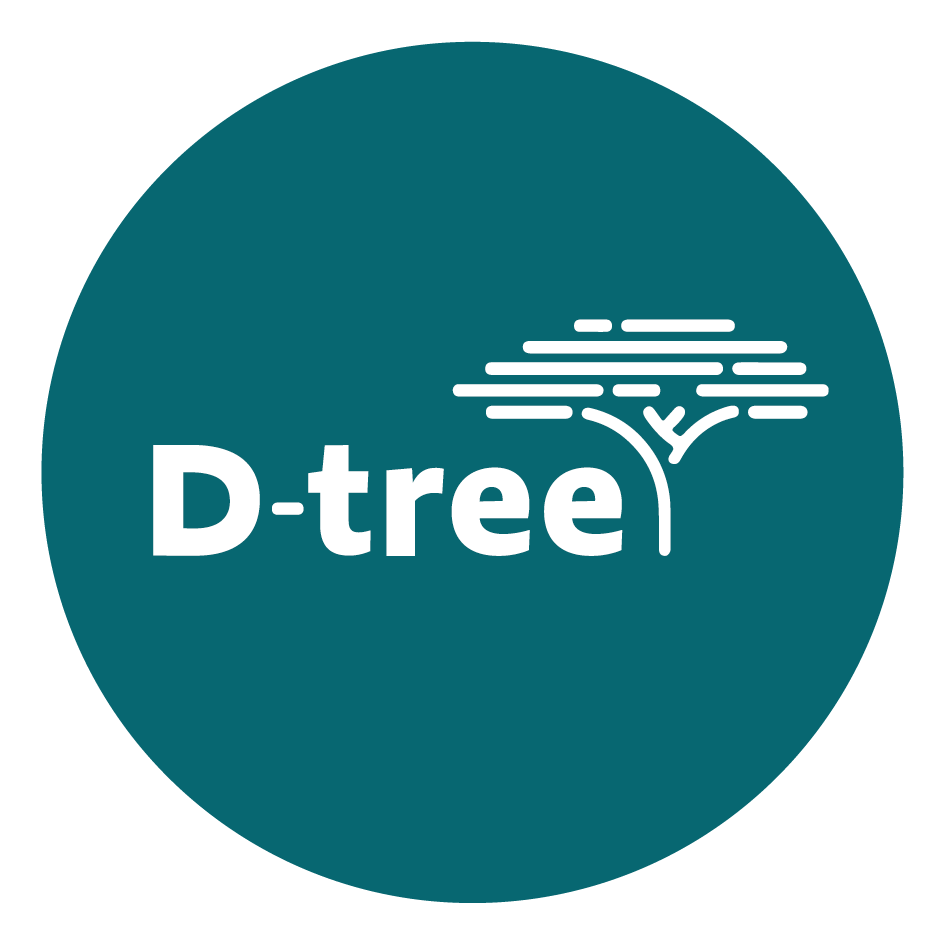This year’s UN General Assembly has seen a strong focus on the responsible governance and use of artificial intelligence across sectors and yesterday’s adoption of the Global Digital Compact represents a major step forward in shaping the future of digital cooperation and innovation across the globe.
As the digital divide remains a significant challenge to bring the benefits of digital health and AI to everyone, we are encouraged by the promise of this Compact to drive equitable and inclusive digital transformation, particularly for communities that so far have been left behind and underserved.
The Compact’s focus on creating an inclusive, secure and rights-based digital environment and offers a unique opportunity for the digital health sector to accelerate progress toward health for all. In our work across Sub-Saharan Africa, we’ve seen firsthand how digital tools can improve health service delivery and save lives, but only when they are centered around the patients’ needs and tailored to the country.
The Compact’s focus on expanding digital inclusion and bridging the digital divide aligns with our mission to expand access to high-quality, essential healthcare by enabling better decision-making. In communities where access to healthcare services is limited, digital innovations present the potential to change how healthcare is delivered and accessed which is empowering for both healthcare workers and patients.
Closing the digital divide and advancing responsible, interoperable data governance is essential to leverage the technology promises to support strong health systems. Responsible and interoperable data systems ensure that healthcare providers can securely share patient information across facilities and care levels, so that data is used for patients’ benefits. The Global Digital Compact’s commitment to responsible data governance is highly welcome and is a safeguard to ensure that the expansion of digital technologies in health does not come at the expense of individual rights.
At D-tree, we are committed to the Global Digital Compact’s principles and to ensuring that the data from the people we work with is protected and at the same time also responsibly used. We recently worked with the Government of Zanzibar to develop a comprehensive Health Data Access framework that promotes the effective and responsible use of health data. As a result of these efforts, over 95% of trained staff now have a solid understanding of responsible and effective data-sharing practices. A strong data governance also helps reduce duplication of efforts and prevents gaps in care. By arming healthcare workers with the right tools and real-time data, we enhance coordination, improve health outcomes and ensure that individuals receive continuous, high-quality care regardless of where they are.
Finally, we are also pleased to see the emphasis on multi-stakeholder collaboration and transparent governance as it is recognizing that a collaborative approach is essential to ensuring that digital health ecosystems are resilient, secure and centered on the needs of people. At D-tree, we always bring together governments, non-profits, private sector partners and local communities to create solutions that last.
This is an exciting and critical moment for digital health innovators to work together in building more sustainable, inclusive and patient-centered health systems. At D-tree, we remain committed to leveraging digital technology to improve health for all in the countries we work in. Together, we can ensure that digital health benefits everyone, regardless of where they live.

